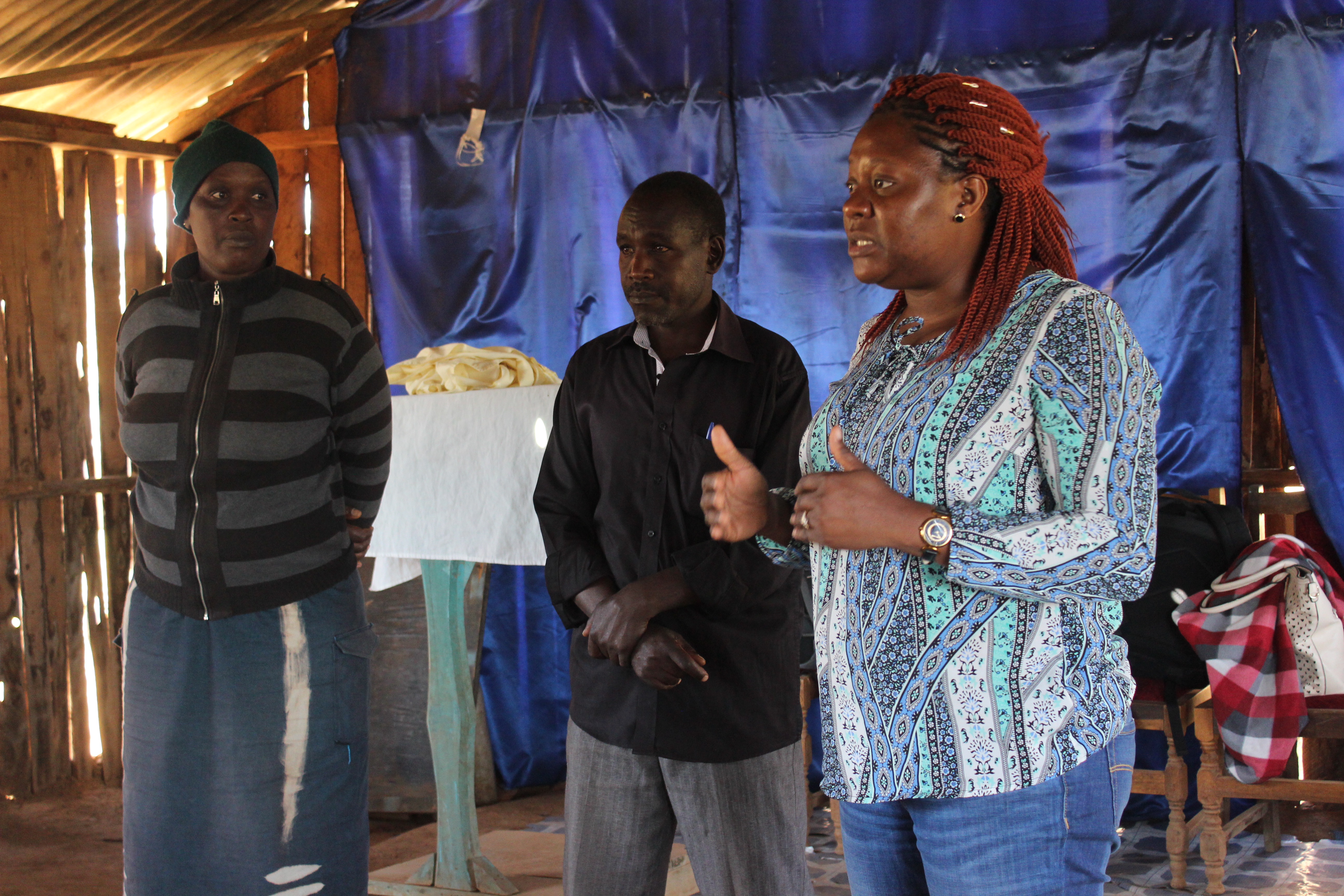By Eileen Nchanji
Being in Kenya for barely three months, I was still grasping with the different ways in which gender plays out in the office and country I will soon call home. To this end, I talked with uber, taxify and little cab drivers on my way to and from work, or when I went to town. I asked their take on gender and how they perceived this dynamic in their different workplace, homes, communities and the nation. A statement from one of the drivers made a lasting impression. He said, “our women now drink like our fathers and do not cook like our mothers.” When I first heard this statement, I thought it to be very unreasonable. Why say this about your countrywomen? He told me he was happy that women are now more self-confident and do not have to rely all the time on men. He attributed this to education and the entrepreneurial spirit of women, especially the youth. He said the only downside was that men were afraid of this “type of women,” who now have to chase men, mostly in beer parlors. He stated categorically that “these women” end up drinking like their fathers as they search for husbands and do not have time to learn to cook like their mothers. For a long time, I assumed this was a stereotype by men to undermine women’s economic empowerment and keep traditional roles assigned to women.
Three months later, I asked a female colleague what she thought of this statement. She looked shocked, and I asked her if it was true or not. She said it had been noticed that most women spend less time in the kitchen, not because of the time they spend at the bar, but as a result of fast cooking food like pasta. She said when women now get married, the senior women advise them to cook healthy food for their families. They say “pasta is not food; please cook for your husband and family.” If women cook pasta, what do they spend the rest of the time? Well, they go out with friends to relax, which in most cases is having a drink. Kenya is now becoming my third home, so I am still thinking about these issues. I have not made any conclusions yet.
To understand the gender dynamics better, I decided to visit a rural area, not far from Nairobi and see how gender plays in the household and farm of the Kalenjin community. This trip to Kuresoi-Nakuru was multi-purpose, involving also the mapping of gender dynamics in the bean value chain, and understand its effect on power relations at household level. I visited different household structures shaped by the socio-economic environment. The first household was male-headed. The man made decisions on farm and household activities with his wife who was a matron. These decisions were mostly made over the phone as the wife stayed and worked in town, only visiting home on weekends. The second household was a divorced lady, who bought her land through her parents after her divorce. She decides on farm and household activities alone. The third household was made up of a husband and wife who mainly farmed and decided on their farm and household activities together to some extent. To deconstruct gender roles, I set up a focus group meeting for men and women separately. However, this did not happen as planned. The farmers came late and in the end, we had a combined focus group. I started with a mapping exercise. The group mapped the activities of men, women, and youths in the bean value chain, explaining the variances. I had exciting findings. Here, women seem to cook like their mothers and men, drink like their fathers.
Women complained that men use money from sales of crops, which they were the primary owners, as entertainment money. They used this money to gamble on sports and eat roast meat (nyama chama), usually in the evenings. Men agreed but said it was not bad since they were entertaining themselves, as expected. Women complained that when children were sent home for school fees, men do not check the current market prices for beans. They immediately called a broker and just sold the beans, never maize. Men agreed but also said that as the head of the house, they could not let their children stay out of school, and selling beans grains is easier.
As we look forward to reducing women time spend on reproductive and productive activities, we need to understand what the extra time will be used for. This will control drastic changes in household dynamics which could split families. The reason why men have to be involved is to understand that women, just like them, also need time for leisure and entertainment activities.

